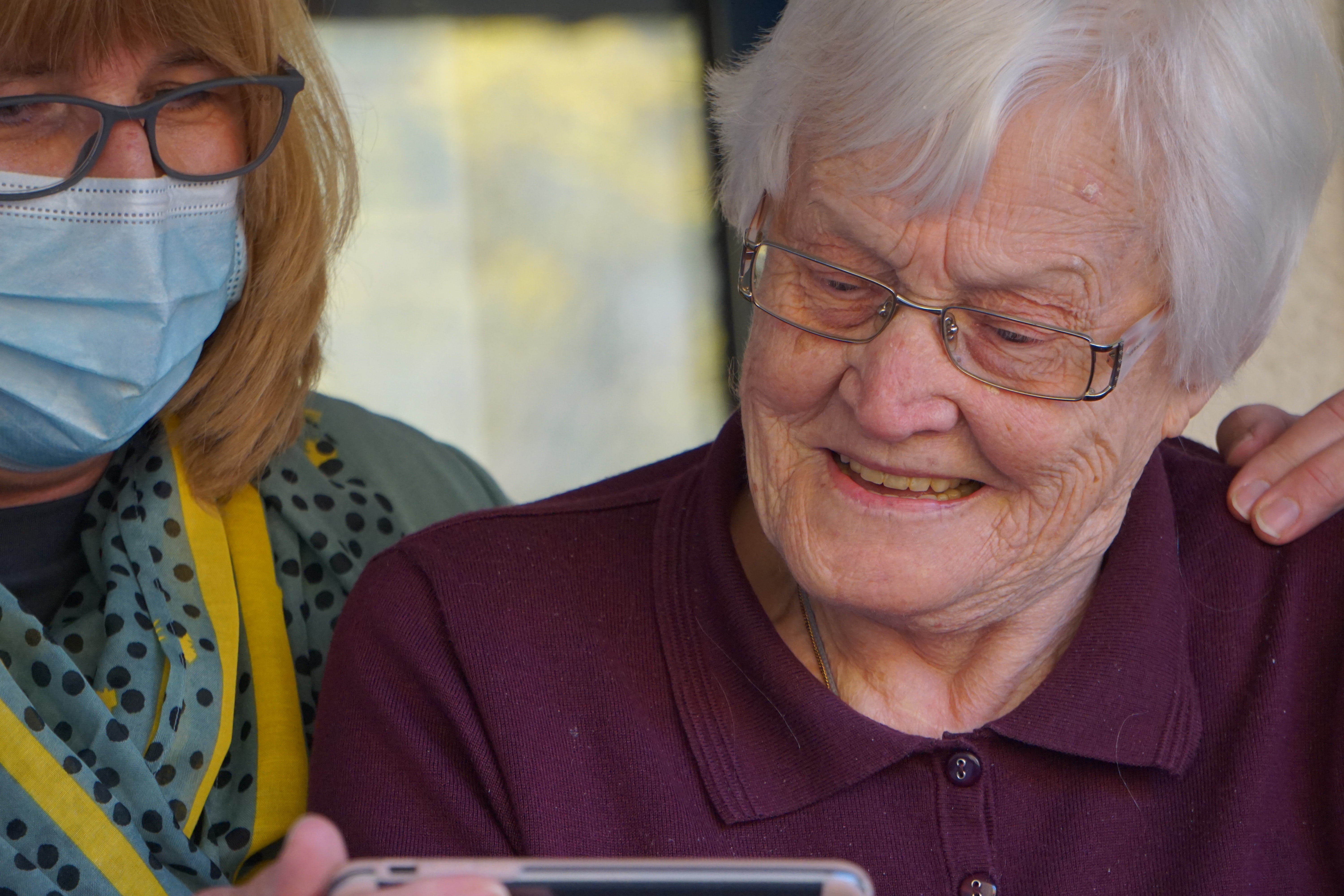
It’s Vital We Maintain High Health and Social Care Standards Post-Covid
There’s no disputing the fact that front-line workers in the health and social care sector have borne the brunt of the Covid-19 crisis. Not just because hospitals, primary care services and residential care homes have seen the vast majority of Covid-19 cases and deaths, but also because workers in those sectors have also been disproportionately affected by the disease themselves, owing to their exposure and a general shortage of PPE.
Several measures have been taken by the UK government and other organisations to ease the pressures in health and social care, in order to relieve some of the excessive burdens placed on staff in these fields and allow them to cope with the ongoing Covid-19 crisis more effectively.
On March 30th, the UK government announced a raft of temporary Covid-19 measures designed to support primary care services. These included a relaxation of Right to Work checks, enabling prospective candidates to present their documentation via email or a mobile app, instead of in person. It’s important to remember that once the pandemic eases and temporary Covid-19 measures end, retrospective checks will be required on all members of staff who were appointed during the pandemic, which will impact on health and social care recruiters, managers and HR departments.
Another significant change in the health and social care sector is the Care Quality Commission’s decision to temporarily suspend routine inspections of adult health and social care services in England. The CQC has acknowledged the intense pressures faced by health and social care providers during this pandemic and responded by developing an Emergency Support Framework which - instead of rating health and social care services - encourages information-sharing through communication and transparency, in order to help providers prioritise the safety of service users and protect their human rights at this difficult time
Additionally, the CQC has released a publication entitled, Innovation and Inspiration: examples of how providers are responding to Coronavirus (COVID-19), which contains hundreds of useful, evidence-based examples of how front-line services have surmounted the challenges presented by the pandemic to find novel - often highly innovative - ways to continue to provide service users with the highest level of care.
Although we’re beginning to glimpse the light at the end of the Covid-19 tunnel as contagion rates begin to fall, we still have a long road ahead, particularly if the depleted health and social care sectors are to make a full recovery from the ravages of this pandemic.
In the coming months and years, it’s essential that our emphasis doesn’t shift entirely to damage limitation, but rather that we keep in focus the significant strides that have been made in recent years towards improving quality, transparency, autonomy and the patient journey as a whole, within the health and social care sectors.
Maintaining compliance with the CQC’s Fundamental Standards is an integral part of this for health and social care providers. The standards exist to ensure that services users are safe, receive person-centred care and are treated with dignity and respect at all times. In order to achieve this, care providers need to maintain high standards of recruitment, employing only suitably qualified, competent and experienced staff who are given the support, training and supervision they in turn need to provide the highest quality of care.
As we move forward in this new, uncertain landscape, we share the responsibility of maintaining high standards for health and social care workers and service users alike. Luckily, help is at hand. If you’d like to know about how we can support you in maintaining the highest standards, achieving CQC compliance and putting service users first, then get in touch.
.svg)
.svg)
.svg)